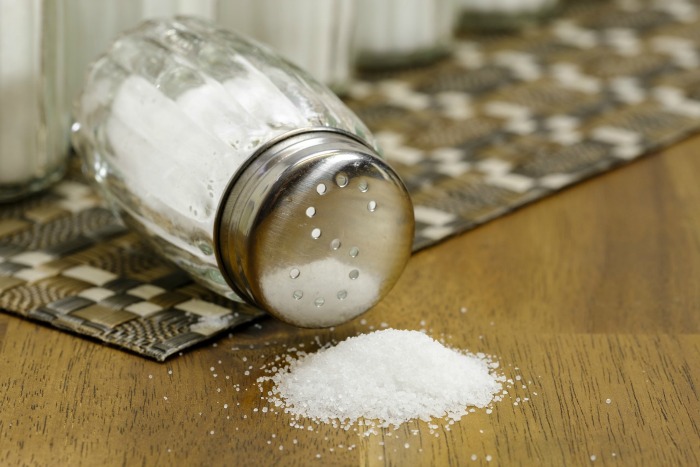
A recent study from the US has led researchers to draw a link between sleep deprivation and the development of Alzheimer’s disease.
The research, published in the PNAS Journal, claimed that people who suffer from insomnia or struggle to get a good night’s sleep could unintentionally be increasing their risk of Alzheimer’s disease. The study said that sleep deprivation can increase levels of beta-amyloid in the human brain, something that is commonly associated as a risk factor of Alzheimer’s disease.
It found that just one night of little or no sleep dramatically increases the levels of this dangerous protein, leading researchers to conclude that a lack of proper rest or sleep makes it harder for the body to flush the body of dangerous toxins.
Emeritus Professor Leon Lack said the recent study was important in assessing the impact a lack of sleep has on the brain and the impacts it has when it comes to cognitive health.
“This is an important study showing some of the effects in the brain resulting from sleep deprivation,” he said in a statement. “It is not surprising to find effects in the brain from sleep deprivation, since we know it as very marked effects on sleepiness, cognitive performance, and mood, all of which must be a reflection of changed brain state.”
Lack’s concern with the study is that it could cause greater anxiety for people already living with insomnia.
“My concern for the insomnia population, that I treat, is that this could become yet another research finding that could be interpreted as evidence of the potentially harmful effects of their insomnia (‘insomnia will give you Alzheimer’s disease’) that is likely to exacerbate their anxiety about their sleep and increase their insomnia,” he said.
Lack also asked several questions that didn’t appear to be answered in the study.
“Was this total sleep loss over 36 hours or only sleep restriction or partial sleep deprivation?” he asked. “Was the beta-amyloid burden response totally reversed following recovery sleep the next day or two after behavioural and psychological functioning returns to normal?”
He also questioned if the impacts would be felt by someone who regularly sleeps between five and six hours due to their lifestyle and whether people with insomnia show any effects that would point to increased levels of beta-amyloid.
“Until we have the answers to the additional questions above, we can’t come to very confident conclusions about this finding,” he said.
A lack of sleep is the latest of many factors scientists have claimed can contribute to dementia. Earlier this year, research by Weill Cornell Medicine claimed that a high-salt diet could increase the chances of developing dementia. Tests on mice found that increasing salt levels reduced blood flow to the brain and resulting in the rodents developing dementia.
Read more: Scientists link high-salt diet to dementia for the first time
While testing is yet to begin on humans, it’s clear that many people are already indulging in more than the recommended levels of salt. In fact, the average Australian consumes roughly 2,500mg of sodium daily, while the number in the US is slightly higher at 3,593mg. Experts recommend that 2,300mg is the recommended intake, meaning that if this study is proven in humans, people may unintentionally be contributing to a decline in their cognitive health.

Other research has pointed to loneliness as a sign of Alzheimer’s. A report published in the JAMA Psychiatry Journal found that in addition to increasing the risk of depression, heart disease and strokes, loneliness had the potential to impact cognitive health.
The study assessed levels of amyloid protein in the brain and found that many lonely people were showing signs of a build-up of this protein. When it forms clumps known as plaques, it can be considered a side effect of Alzheimer’s disease.
Read more: Let’s Talk: Loneliness could be a sign of Alzheimer’s

Researchers are also warning those who enjoy a soft drink or two throughout the day, having linked the sugary beverage to a decline in cognitive health. While the United Kingdom has just introduced a sugar tax to encourage people to move away from sugary drinks to improve their health, many are unaware of they can have on dementia.
The American Heart Association recently published a study that found artificially sweetened soft drink consumption was associated with a higher risk of both dementia and strokes.

Other studies, including one by the University of Pittsburgh’s Brain and Spine Injury Program, claim that being hit on the head or suffering with a concussion could be enough to contribute to Alzheimer’s down the track.